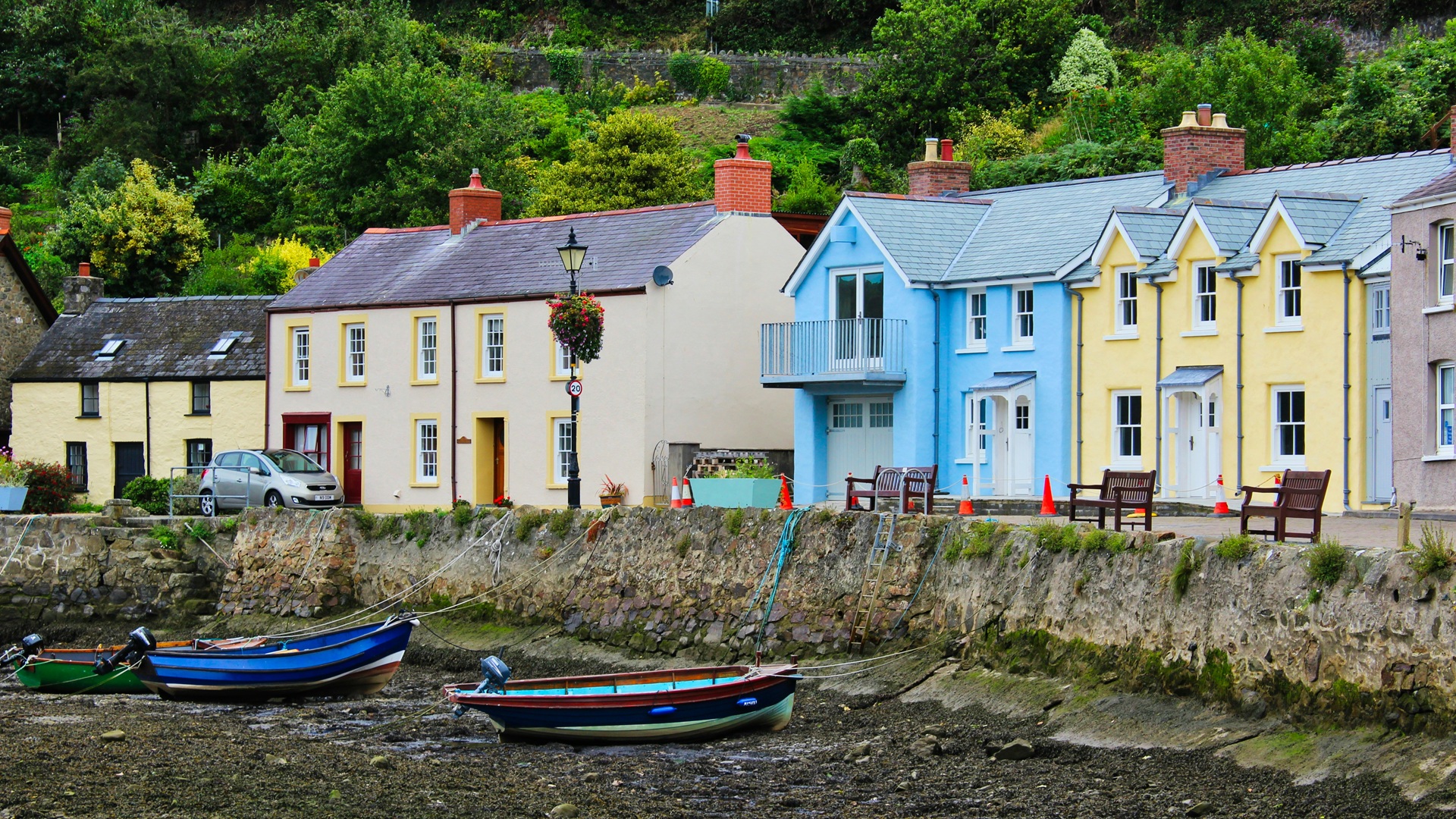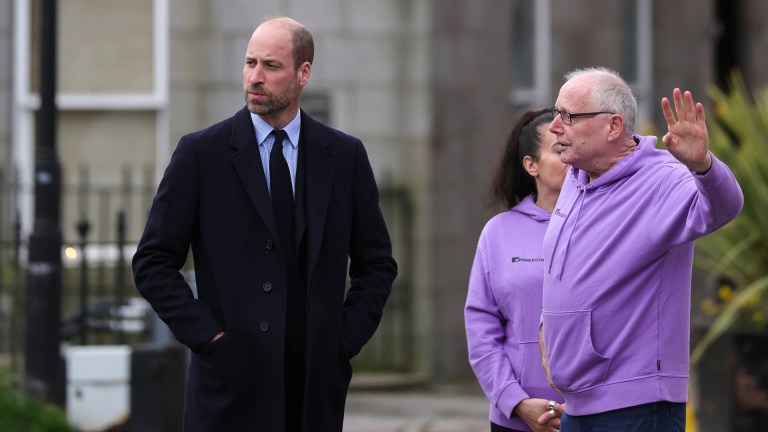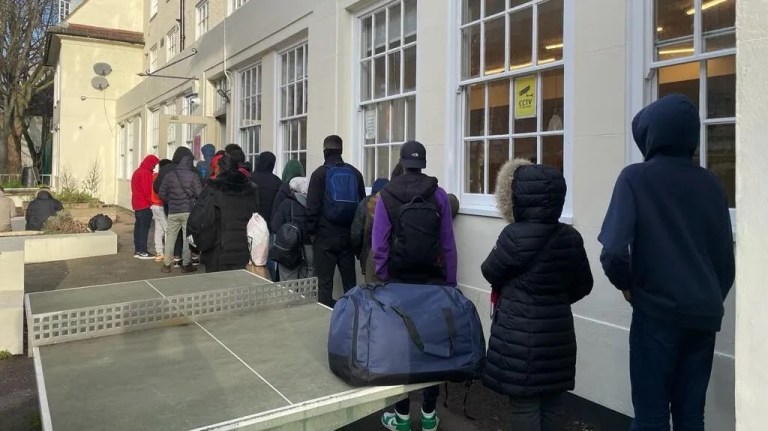Tom Chance, CLTN chief executive, said: “The impact of second homes is felt across the country. Whether rural, urban, coastal or inland, high concentrations of second homes can reduce the number of affordable homes available for local people and create issues for local services like health care, shops, pubs and schools.
“By reinvesting the second homes council tax premiums in community-led housing, councils can enable local people to lead positive change. Community-led housing developments often receive more local support and can sensitively provide homes in complex sites, such as urban infill projects or in national landscapes, which larger developers often don’t take on. With our government’s ambitious housing targets, it is essential to diversify how we are building and retrofitting homes.”
Some local authorities have already pivoted towards using extra council tax generated by second homes to fund community-led housing.
Local authorities in Pembrokeshire have allocated second homes receipts to community land trusts.
Joshua Phillips, from Solva Community Land Trust, told Big Issue that £3m generated from council tax on second homes is funding their project to build 28 homes.
“Without the second homes tax, our project wouldn’t exist,” said Phillips.
Advertising helps fund Big Issue’s mission to end poverty
“We were the beneficiaries of £3m from the second homes tax pot which was allocated to our project specifically to provide affordable housing in an area that is so negatively impacted by the loss of housing through second homes and holiday letting. The issue of second homes is not going to go away and in Wales there is a housing crisis at the moment.
“I think councils need to be more mindful that CLTs can deliver things that they can’t. We can deliver small housing projects. We can deliver big housing projects. We deliver projects that maybe don’t have the financial advantages that they need to be able to deliver it. We don’t need the income, we just want the housing.”
The Solva CLT project is set to be delivered in two phases with 17 homes in the first phase offering a mixture of one, two and three-bedroom homes, including flats and accessible homes.
The second phase is set to include 11 homes while a football pitch will also be included on the site for the community to use.
Construction on the first phase is set to start this year with CLT members hoping the majority of homes can be finished by the end of next year.
“I think CLTs really are the future and Wales has got a long way to go with CLTs at the moment because we are not doing enough of them,” added Phillips.
Advertising helps fund Big Issue’s mission to end poverty
“By using specific homes like the second homes tax, you can plough that directly into CLTs and get things working on the ground.”
North Yorkshire Council announced last year that it will allocate 10% of its expected £12m second homes council tax premiums to building community homes.
Other local authorities could also boost the number of homes delivered by communities.
CLTN’s research found that 14,123 properties in Cornwall could be liable for council tax premiums, generating an extra £23.8m.
A further £2m could be recovered from Tower Hamlets’ 7,572 liable properties and just under £5m from Manchester’s similar number of empty homes.
Meanwhile, the 6,367 properties in Dorset could see an extra £9.5m into council coffers while the 5,870 liable homes in Westmorland and Furness could lead to £10m.
Advertising helps fund Big Issue’s mission to end poverty
Recent policy updates in the national planning policy framework introduced community Led exception sites and requirements for local policies to be supportive of community-led development, which will support more groups to find sites.
However, CLTs and other community-led developers also need to see funding support to make meaningful progress on completing the homes in this pipeline, CLTN said. Areas with high numbers of second homes are also often expensive to develop in, and extra grant funding can make affordable homes financially viable.
The Westminster government recently announced a £20m package for community groups, including co-operatives, to directly support the construction of more than 2,500 new homes in England over the next decade.
Housing and planning minister Matthew Pennycook said: “Community-led housing not only delivers social and affordable homes for local people, it also gives local communities a greater say on where new homes are built and how they are designed.
“This investment will help community-based organisations overcome barriers to housing delivery and will support the growth of the community-led housing sector.”
Do you have a story to tell or opinions to share about this? Get in touch and tell us more. Big Issue exists to give homeless and marginalised people the opportunity to earn an income. To support our work buy a copy of the magazine or get the app from the App Store or Google Play.
Advertising helps fund Big Issue’s mission to end poverty










